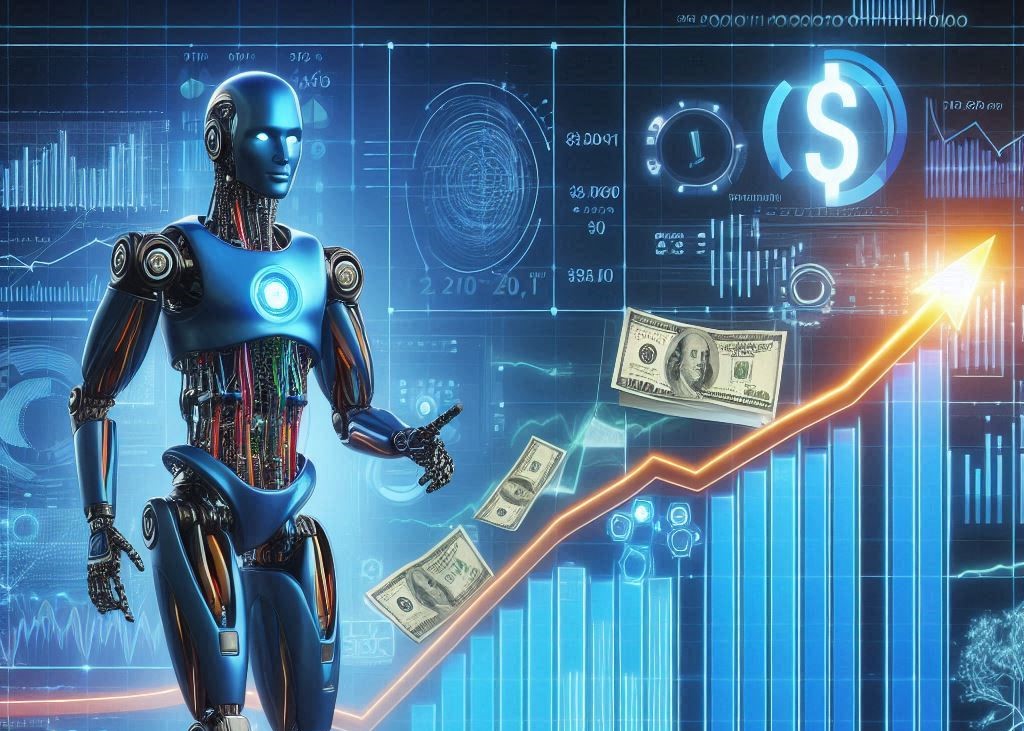Artificial Intelligence
AI set for $20-trilllon
boost by 2030
IDC forecasts AI in existing business operations and in delivering better products and services will drive 3.5% of global GDP in 2030.
New research from IDC predicts that business spending will have a cumulative global economic impact of $19.9-trillion through to 2030, and drive 3.5% of global GDP in 2030.
An IDC report entitled The Global Impact of Artificial Intelligence on the Economy and Jobs shows the growth will come from spending to adopt artificial intelligence (AI), to use AI in existing business operations, and to deliver better products/services to business and consumer customers
As a result, AI will affect jobs across every region of the world, impacting industries like contact center operations, translation, accounting, and machinery inspection. Helping to trigger this shift are business leaders who almost unanimously, 98%, view AI as a priority for their organisations.
AI’s Net Positive Global Economic Impact
According to the research, in 2030, every new dollar spent on business-related AI solutions and services will generate $4.60 into the global economy, in terms of indirect and induced effects. This is determined by:
- Increased spending on AI solutions and services driven by accelerated AI adoption
- Economic stimulus among AI adopters, seeing benefits in terms of increased production and new revenue streams
- Impact along the whole AI providers supply chain, increasing revenue for the providers of essential supplies to AI solutions and services providers
“In 2024, AI entered a phase of accelerated development and deployment defined by widespread integration that’s led to a surge in enterprise investments aimed at significantly optimising operational costs and timelines,” said Lapo Fioretti, IDC senior research analyst for emerging technologies and macroeconomics. “By automating routine tasks and unlocking new efficiencies, AI will have profound economic consequences, reshaping industries, creating new markets, and altering the competitive landscape.”
Impact on Employment — New Roles Emerge While Others Remain Resilient
The majority of respondents to IDC’s Future of Work Employees Survey expect some (48%) or most (15%) parts of their work to be automated by AI and other tech over the next two years, while only a minority (3%) of employees expect their jobs to be fully automated by AI.
While some work will be negatively impacted by the proliferation of AI, new positions such as AI Ethics Specialists and AI Prompt Engineers will emerge as dedicated roles within global organizations.
The research further indicates that a ‘human touch intensity,’ combined with the level of ‘task repetitiveness’ by which each job is characterised, will inform organizations about roles that are subject to a full AI and automation replacement, versus those where tech’s role will be to augment human capabilities. As such, positions where human social and emotional capabilities are critical, such as nursing and roles where decision-making encompasses ethics and comprehension beyond numbers will remain robust.
“Understandably, we’re all curious to know if AI will replace our jobs,” said Rick Villars, group vice president for worldwide research at the IDC. “As a CEO interviewed by IDC’s Andrea Siviero said, ‘Based on this research it’s clear that we should be asking ourselves how our jobs can be made easier and better by AI. AI will not replace your job but someone who knows how to use AI better than you will.’”
Research Methodology
To estimate the overall economic impact of a technology or a service, IDC developed an economic impact methodology that combines IDC knowledge of the market and internal data with a standard analytical framework, known as an Economic Impact Analysis.
It leverages an input-output (I/O) framework, using the most updated input-output official tables of a specific economy: through I/O tables, specific multipliers are determined and applied to the specific technologies to calculate the related effect.
This IDC Economic Impact Analysis evaluates three types of impact on the economy. In this AI-specific model, these are:
- Direct Effect — Includes revenues from artificial intelligence business solutions/services providers directly selling their products to end users.
- Indirect Effect — Refers to the economic impact related to the AI supply chain and AI adopters’ benefits. It includes the effects that organizations/tech providers have on the region or country due to their operations related to AI provision.
- Backward indirect effects refer to the economic effects on supply chains and industries that provide inputs to AI-driven sectors — in other words, revenues generated in local industries impacted by AI.
- Forward indirect effects refer to the effects on AI adopters, excluding consumers, that benefit from the adoption of AI technology, in terms of productivity, revenue growth, and other business parameters.
- Induced Effect — These are effects induced by the increase in production. It refers to the impact, due to economic stimulus, from an increase in household income, including existing and new employees linked to the AI value chain across direct and indirect effects layers. People will spend part of their wages in the economy, thus generating additional economic impact.


















